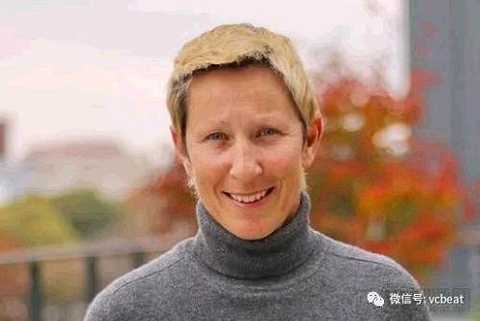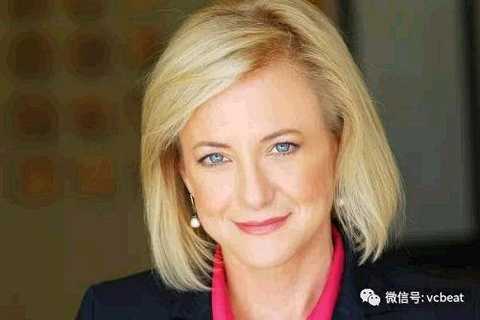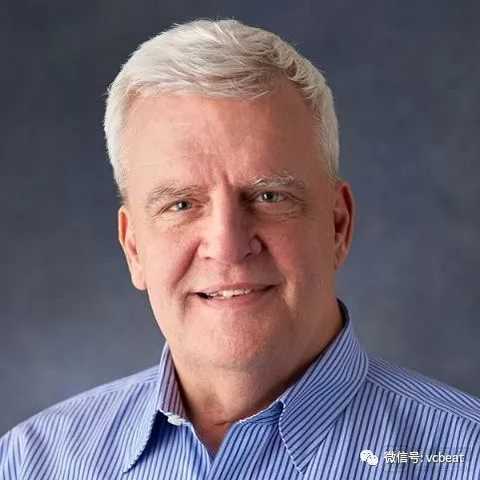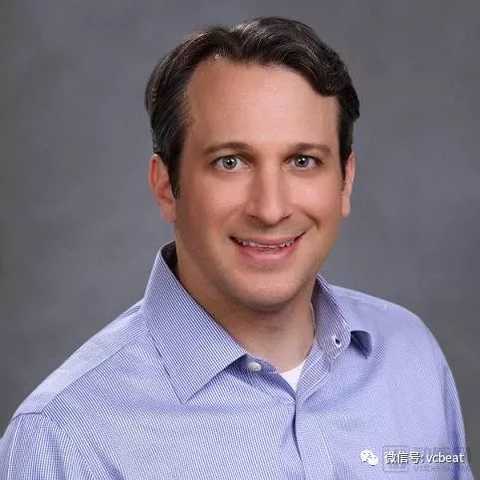Recently, it has been reported that many technology giants or large medical and health professionals have opened accelerators specifically for AI projects. The most representative one is that Google has launched a special entrepreneurial accelerator, Launchpad Studio, to focus on the artificial intelligence in the field of health care.
In addition, Optum (the world's first medical technology on the IDC Health Insight list) also announced the opening of a $250 million fund for investing in early-stage AI and big data projects.
Optum has invested $250 million in venture capital in the health care AI field. According to recent data from StartUp Health, investors' investment in digital medical companies in 2017 has reached a record high. With the increasing attention in the field of health care, there are still many investment funds joining the ranks of investment.
Boston issued a statement a few months ago saying that many early funds said they would support medical technology. These include the $180 million growth fund from M33 Growth, the $313 million growth phase fund from Leerink Transformation Partners, and the $250 million early fund from Optum Ventures.
“Although people think that there is still a bubble in the digital medical industry, we can still find quite a lot of opportunities in terms of expenditures from the health sector and the transformation needs in this field. There is still a lot of investment space in this area.†Ottum risk One of the partners of the investment company, AG Breitenstein, said.
|
AG Breitenstein
Optum Ventures is Optum's venture capital firm, and Optum is a health insurance company owned by the UnitedHealth Group of Minnesota (NYSE: UNH).
Breitenstein previously founded a non-profit company focused on using data to improve the healthcare industry. Her last startup, Humedica, was acquired by Optum in 2013.
Previously, Breitenstein served as the chief product officer of Humedica and held the same role in Optum's analytics business after the acquisition.
Another partner of Optum Ventures, Virginia McFerran, served as CEO of the Optum Analytics business. Prior to this, she was the Chief Information Officer of the University of California, Los Angeles Health School, Weill Cornell Medical and the Salk Institute for Biological Research.
|
AG Breitenstein
Breitenstein said: "Optum Ventures plans to launch at least one base product for early-stage customers in the A and B startups."
Breitenstein believes that medical AI is moving away from the concept of “big and imaginary†to a clearer, more pragmatic product. She pointed out that AI can be used as a doctor-patient matching tool to match patients to doctors or to help patients find the care they need for their illness.
Former General Electric CEO Jeff Immelt said at a digital health event in Boston that corporate venture capital funds have long been known as "company killers."
Breitenstein believes that “bureaucracy†has caused the fund's reputation among entrepreneurs to be generally poor. Ottum Ventures is trying to make it more "flexible" by setting up the fund as a separate entity from its affiliates and setting up a simple oversight body. A committee of joint health care companies will give each investment an excellent rating.
Venture capital is hard to stand out, and the way entrepreneurs raise funds is also evolving, such as online equity crowdfunding and digital token sales. No one knows what impact long-term use of these new tools will have on traditional venture capital firms, but Breitenstein is not worried about this.
Her company's relationship with Optum and UnitedHealthcare may be valuable to startups, helping them win customers, or at least get feedback from their industry on their products.
“I think in the early stages, reducing risk is one of the most valuable things a startup can do.†She said, “Working with the right venture capital firm will help them complete validation on business models and product models. Very attractive for smart entrepreneurs."
According to her, Optum Ventures will help investment companies get a lot of health care data from their parent company, which is critical for AI developers to train their algorithms.
"AI technology sounds sexy, but often there is not enough data to support its development," Breitenstein said.
For many years, medical technology investors have generally believed that the implementation of electronic medical records (EMR) and the shift from cost-based pricing to value-based care are the two most important trends in reshaping the healthcare industry.
Earl Todd Cozzens is the co-founder and managing partner of Leerink Transformation Partners (LTP).
The company is part of the Boston Medical Investment Corporation of Leerink Partners, a healthcare investment bank. LTP recently announced that it has raised $313 million to invest in medical IT and services companies.
|
Todd Cozzens
Cozzens said: "The rise of EMR and value-based care has indeed made healthcare a hot spot for the fund."
According to the arterial network, Cozzens has been working in this field for more than 20 years. In the 1990s, he was a senior director at Marquette Medical Systems, helping guide the company's launch and sale to GE's healthcare business.
He then founded and led Picis to develop an advanced EMR system. Today, Picis has annual revenues of $200 million and is considering going public.
But in 2010, the company was acquired by a subsidiary of UnitedHealth Group.
Later, Cozzens joined Sequoia Capital and became one of the partners in overseeing his medical investment.
During this time he invested in MedExpress, which in 2015 sold it to the UnitedHealth Group's Optum for $1.5 billion.
Two years ago, Cozzens joined Leerink. His LTP co-founder and managing partner, Jared Kesselheim, is a well-trained doctor who previously led a medical investment at Bain Capital Ventures.
“Today, the founders want more than just investors' money, but want a strong team to help them use all means to extract their growth, such as Leerink's network of more than 20,000 physicians. This includes regulatory and nursing specialists as well as business managers and researchers from hospitals and insurance companies,†Cozzens said.
|
Jared Kesselheim
LTP will invest between $10 million and $30 million in each portfolio company, including Outcome Health, Scientist.com, Vera Whole Health, PatientPing, Health Catalyst and Kyruus.
In addition, LTP is responsible for managing the Massachusetts Innovative Catalyst Fund (MICF) with a fund size of $28 million.
In this regard, Cozzens said: “MICF's investors include members of the Massachusetts Competitive Partnership (MACP), which is led by private and public sector stakeholders to promote the expansion of the state's digital health cluster. And the LTP fund will jointly invest in a promising medical technology company in Massachusetts."
According to a recent announcement, the company has invested $450 million in investing in start-ups and has had success stories. The money will be used to support innovators engaged in computational biomedicine.
Andreessen Horowitz's general partners Jorge Conde and Vijay Pande mentioned the intersection of biology and engineering. "This is just the beginning. We think today's biological field is in the position of information technology 50 years ago - almost every one changed. The industry touches the lives of all."
The company's original $200 million biofund was created in 2015 to invest in projects that help break through medicine through machine and deep learning. Andreessen Horowitz has made 12 investments with the goal of early detection of cancer and heart disease, patient coordination and food science.
Conde and Pande said: "This $450 million will be used to promote biology in all industries."
Andreessen Horowitz, while looking for funding for startups, also wants projects with bioengineering capabilities to plan and innovate in a controlled manner.
These innovators not only develop new technologies, but also adopt a forward-looking business model.
According to Andreessen Horowitz, they are committed to fostering a strong company based on markets, research, products and internal culture. “Because these founders have a broader vision, they are expected to establish the next generation of iconic biotech companies. For this, venture capital institutions are not planning to sit and watch.â€
This article first appeared on the WeChat public number: Arterial Network. The content of the article belongs to the author's personal opinion and does not represent the position of Hexun.com. Investors should act accordingly, at their own risk.
(Editor: Zhao Yanping HF094)
Rayon Fabric,Rayon Cloth,Rayon Cotton Fabric,Rayon Printed Fabric
SHAOXING KAIMING TEXTILES CO.,LTD , https://www.kaimingtextiles.com



